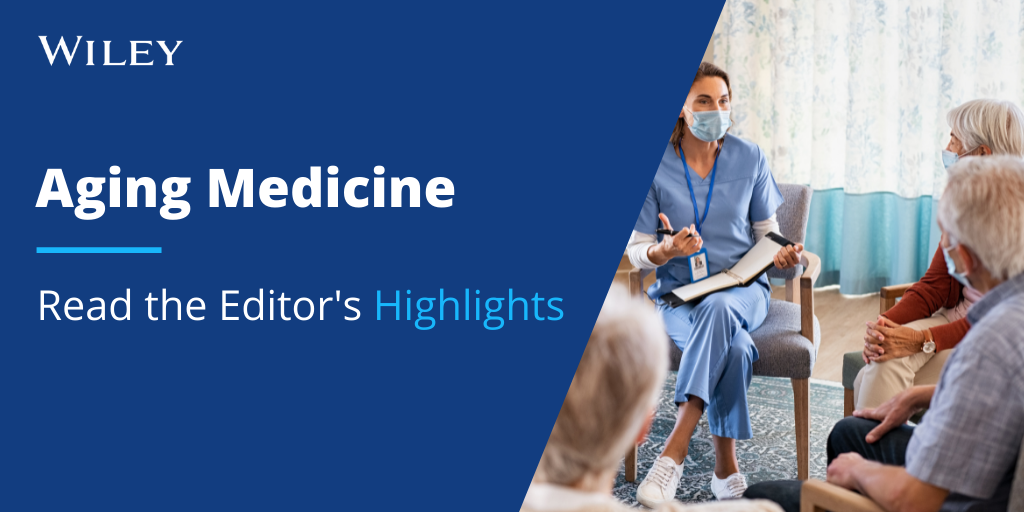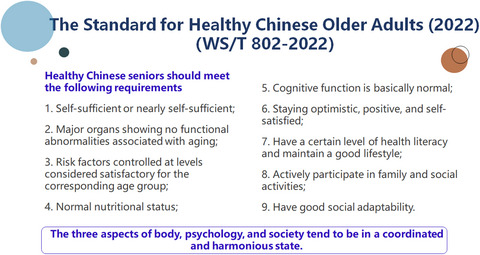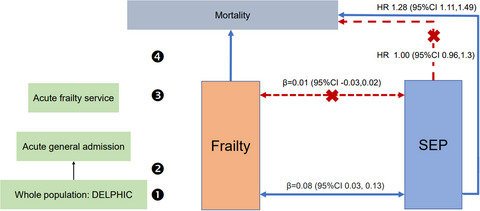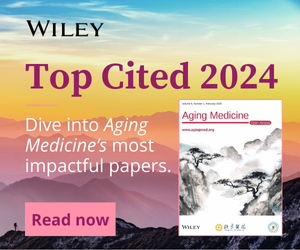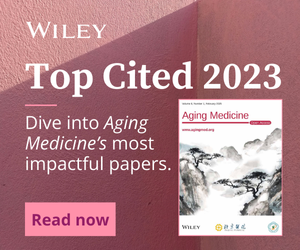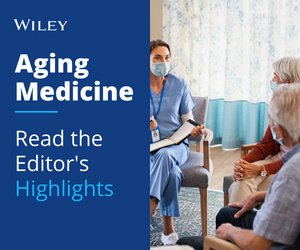Journal list menu
Export Citations
Download PDFs
Editor's Highlights 2022
The standard for healthy Chinese older adults (2022)
- First Published: 28 December 2022
Chinese expert consensus on prevention and intervention for the elderly with malnutrition (2022)
- First Published: 03 October 2022
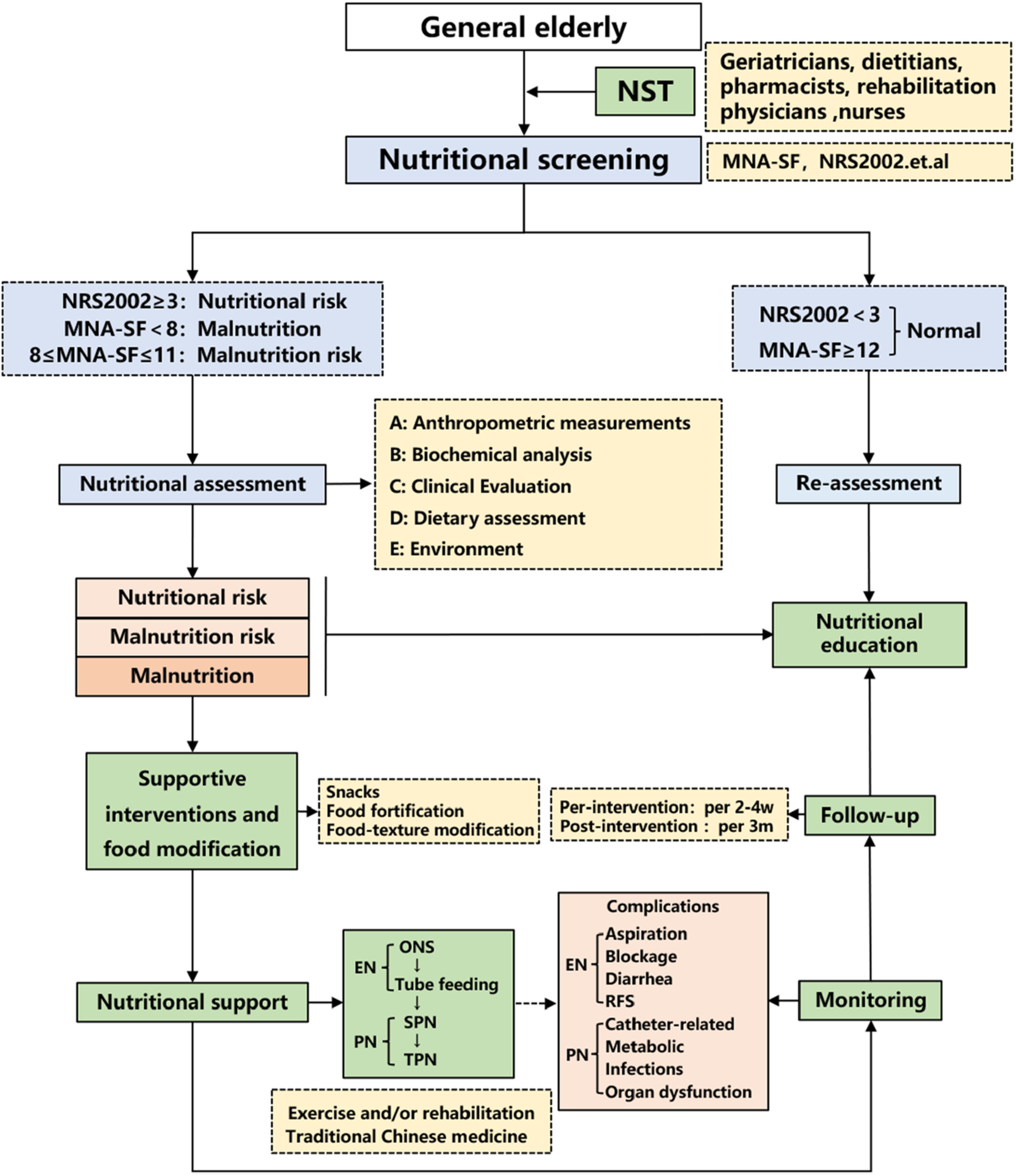
Malnutrition is one of the most common geriatric syndromes. Malnutrition in the elderly is a significant risk factor for poor clinical outcomes, which causes a massive burden on medical resources and society. Presently, the recommendations for the prevention and intervention of malnutrition in the elderly have not been clear and consistent in China. This consensus is based on the latest evidence worldwide and multiregional clinical experience around China, aiming to standardize the prevention and intervention of malnutrition in the elderly in China and improve the efficacy of clinical practice and the prognosis of elderly patients.
Chinese expert consensus on assessment of cognitive impairment in the elderly
- First Published: 03 October 2022
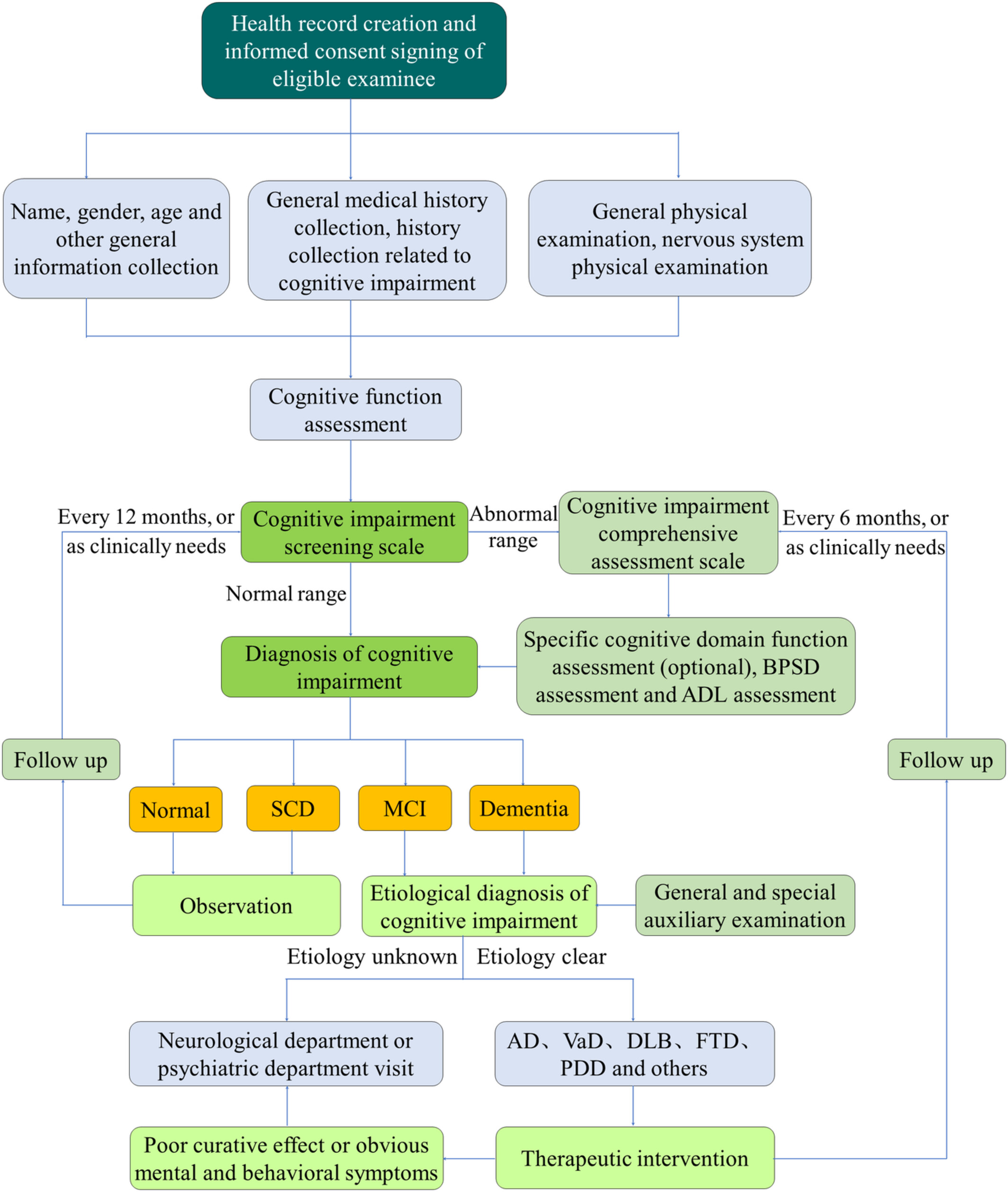
Following receiving informed consent, a medical record was made for each examinee who met the inclusion criteria. General information collection, medical history collection, physical examination, rapid cognitive screening, comprehensive cognitive evaluation, specific cognitive domain function assessment (optional), BPSD assessment and ADL assessment are all part of the assessment process, and individualized auxiliary examination items should be chosen depending on the findings of the medical history and physical examination. On this basis, the clinical diagnosis, interventions, and follow-up plans should be developed.
Chinese expert consensus on the diagnosis and treatment of chronic heart failure in elderly patients (2021)
- First Published: 10 June 2022
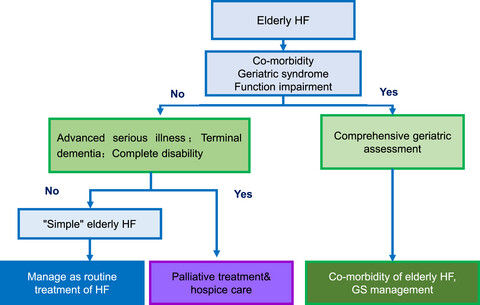
Heart failure results in decreased activity tolerance and repeated hospitalization, seriously affecting quality and mortality of elderly people. Due to the lack of atypical clinical manifestations and characterized symptoms, and accompanied by the coexistence of multiple diseases and geriatric syndromes, comprehensive geriatric assessment should be emphasized and integrated into the diagnosis and identification of elderly heart failure. To facilitate clinical practice and improve general management of the elderly, we drafted this consensus to summarize the diagnosis and treatment regimens for elderly patients with chronic heart failure and provide guidance for its clinical diagnosis and treatment in China.
Promoting early management of frailty in the new normal: An updated software tool in addressing the need of virtual assessment of frailty at points of care
- First Published: 10 February 2022
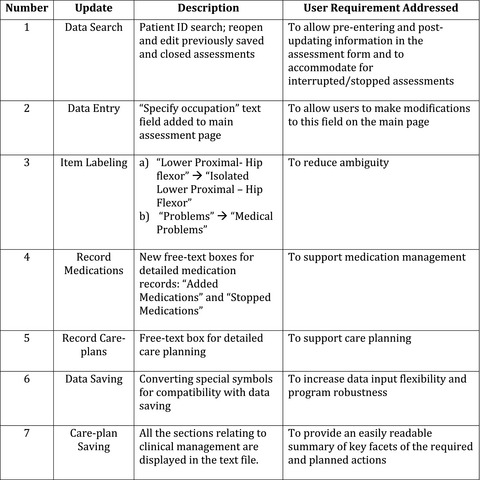
Frailty is a state of diminished physiological reserve and can be assessed using the frailty index. Early management of frailty is crucial for preventing adverse outcomes. Intended for assessing home-living older adults, the initial release of the eFI-CGA software was prior to the coronavirus disease 2019 (COVID-19) pandemic. In addressing the increased need for virtual assessments, the eFI-CGA was upgraded to version 3.0. In this paper, we introduce the updated electronic frailty assessment tool, reporting the newly developed features and validating its use. End-user experiences with the previous versions are discussed. The updated features include a search function to resume disrupted assessments. The improved user interface enables clinicians to record care management details. This study represents an example of software solutions in moving from disruption to transformation, benefiting healthcare for older adults during this challenging time. The form below summaries the Key updates to the software – the Electronic Frailty Index based on Comprehensive Geriatric Assessment (eFI-CGA version 3.0).
The relative impact of socioeconomic position and frailty varies by population setting
- First Published: 27 February 2022




